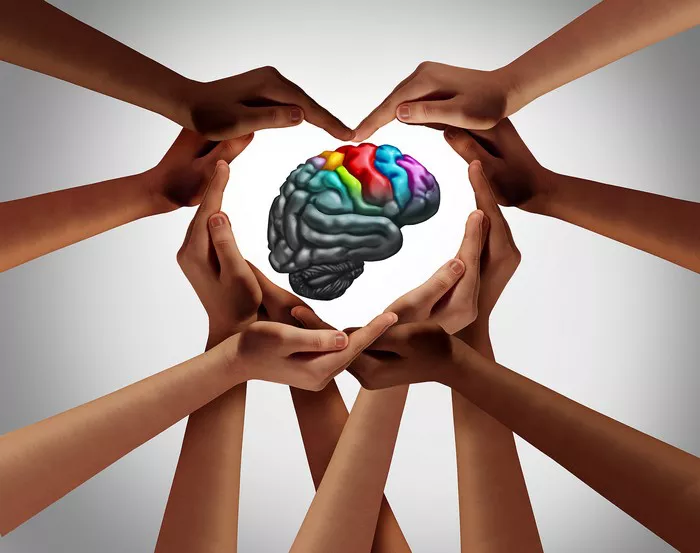SANTA CLARA COUNTY, CA — In an effort to improve living conditions for vulnerable residents, Santa Clara County is offering $2 million in grants to landlords to repair deteriorating group homes for people with mental health and addiction issues. This initiative, aimed at addressing longstanding concerns in the South Bay, is part of the county’s broader efforts to enhance oversight and ensure safer, more supportive housing for residents in need.
The grants will be distributed over the next fiscal year, which begins in June, to property owners of “independent living homes,” which often house formerly incarcerated individuals or those transitioning from mental health and addiction facilities. These homes have become a critical resource, yet they remain largely unregulated, with operators not required to obtain a license. This lack of oversight has led to numerous issues, including substandard living conditions that can hinder residents’ ability to access necessary care and support.
At a public meeting earlier this month, Susan Ellenberg, president of the Santa Clara County Board of Supervisors, expressed optimism about the county’s approach to addressing these issues. “I’m feeling encouraged today by the steps we’ve taken to address these concerns, including implementing monitoring mechanisms to ensure homes meet higher standards,” Ellenberg said.
A Longstanding Problem with Few Regulations
Many of the independent living homes in Santa Clara County, though crucial for housing some of the area’s most vulnerable residents, do not require licensing or regulation. This lack of oversight has contributed to residents living in unsanitary or unsafe conditions, which has been exacerbated by a reliance on public funding to help cover rent costs. A report by the Bay Area News Group last year found that many residents struggle to receive the proper care due to poor housing conditions.
County officials estimate that there are at least 100 privately owned independent living homes scattered throughout residential neighborhoods across the county. However, the total number of such homes across the Bay Area and California is unknown. These homes typically cater to individuals recently released from prisons or those transitioning out of treatment facilities for mental health and addiction.
Targeted Grants to Improve Conditions
The $2 million in new funding is intended to target landlords whose tenants receive care through the county’s behavioral health department or other local agencies. While the exact amount each landlord may receive is still unclear, the grants are designed to help ensure that homes meet basic standards and provide safer environments for residents.
Advocates have called for greater oversight of these homes, which have long been under the radar of local authorities. At the recent meeting, members of advocacy groups pushed for the creation of a registry of independent living homes to better track and regulate them. However, county staff have expressed concerns about their ability to manage such a registry, citing a lack of legal authority, resources, and expertise.
Despite these concerns, Supervisors have directed staff to explore options for expanding oversight and possibly coordinating efforts with the city of San Jose, where many of these homes are located.
Ongoing Challenges in Independent Living Homes
Lorraine Zeller, a member of the advocacy work group, raised critical issues during the meeting, including reports of “lack of heat and hot water” and allegations of “harassment and retaliation” by some operators. She called on county officials to continue their efforts to address these concerns, emphasizing the urgent need for improvements in the homes’ conditions to ensure the well-being of residents.
As the county moves forward with its repair program, the hope is that these investments will lead to improved conditions for residents and reduce the strain on mental health and addiction recovery services. However, the ongoing lack of comprehensive oversight and regulation remains a significant challenge, and many advocates believe that more robust measures are necessary to ensure long-term change.


